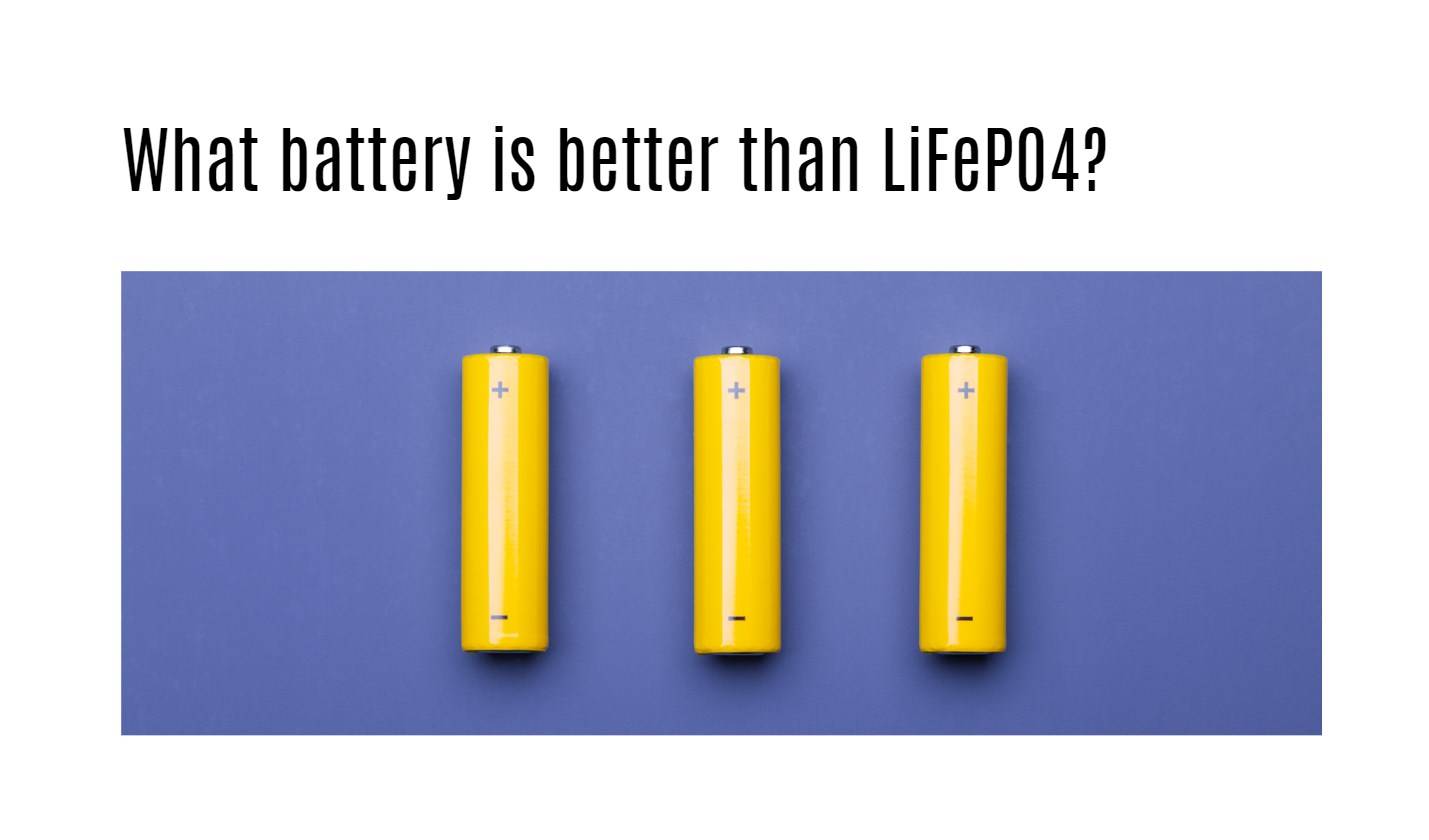LiFePO4 batteries, known for their safety and longevity, outperform many lithium alternatives, including lithium-ion batteries. They are ideal for applications requiring robust performance and minimal maintenance. Understanding how they compare can help you make informed choices.
How Do LiFePO4 Batteries Work?
LiFePO4 batteries operate using lithium iron phosphate as the cathode material, which provides a stable structure and enhances thermal stability. This composition allows for a longer cycle life, often exceeding 3,000 cycles, compared to traditional lithium-ion batteries that typically last around 1,000 cycles. The chemistry also ensures that they maintain consistent performance across their discharge cycle.
What Are the Key Advantages of LiFePO4 Over Other Lithium Batteries?
LiFePO4 batteries offer several advantages:
- Safety: They are less prone to overheating and thermal runaway.
- Longevity: With a lifespan of up to 10 years, they significantly reduce replacement costs.
- Performance: They provide consistent power output even at lower charge levels.
| Feature | LiFePO4 | Lithium-Ion |
|---|---|---|
| Cycle Life | 3,000 – 5,000 | ~1,000 |
| Safety | High | Moderate |
| Cost | Higher upfront | Lower upfront |
| Depth of Discharge | 100% | 80% |
Why Is LiFePO4 Considered Safer Than Lithium-Ion Batteries?
LiFePO4 batteries are inherently safer due to their chemical stability. Unlike lithium-ion batteries, which can catch fire or explode under extreme conditions, LiFePO4 batteries can withstand higher temperatures without degrading. This makes them suitable for applications where safety is paramount.
Which Applications Benefit Most from LiFePO4 Technology?
LiFePO4 batteries excel in various applications:
- Electric Vehicles (EVs): Their long lifespan and safety features make them ideal for EVs.
- Renewable Energy Storage: They efficiently store energy from solar panels.
- Backup Power Systems: Their reliability ensures power during outages.
How Do Other Lithium Battery Types Compare to LiFePO4?
While other lithium batteries like NMC (Nickel Manganese Cobalt) offer higher energy density, they often come with trade-offs in safety and lifespan. NMC batteries may be preferable in compact devices like smartphones but fall short in applications requiring durability and safety.
| Battery Type | Energy Density (Wh/kg) | Cycle Life | Safety Level |
|---|---|---|---|
| LiFePO4 | 90 – 160 | 3,000 – 5,000 | High |
| NMC | 150 – 250 | ~1,200 | Moderate |
| Lithium-Ion | 150 – 200 | ~1,000 | Moderate |
What Alternatives Exist to LiFePO4 Batteries?
For those seeking alternatives to LiFePO4 batteries, options include:
- Lithium-Ion: Good for lightweight applications but less safe.
- NMC: Offers higher energy density but at a cost of safety.
Redway Battery has a great solution for those looking to replace or supplement their current battery systems with reliable alternatives.
How Can You Make OEM Orders for Lithium Batteries?
When considering OEM orders for lithium batteries, it is crucial to partner with a reputable manufacturer. Redway Battery, with over 13 years of experience in the industry, offers high-quality lithium battery solutions tailored for wholesale buyers. The process typically involves:
- Identifying your specific battery needs.
- Consulting with the manufacturer about specifications.
- Placing an order based on agreed terms.
Tips for Battery Wholesale Buyers
When sourcing lithium batteries:
- Ensure the manufacturer has a proven track record.
- Request samples before placing bulk orders.
- Understand warranty and support options available.
Redway Battery stands out as an excellent choice for battery wholesale buyers or OEM clients seeking reliable partners in lithium battery manufacturing.
Redway Battery Expert Insight
“Choosing the right battery technology is crucial for both performance and safety. With advancements in lithium technology, particularly with LiFePO4, users can enjoy longer-lasting power solutions without compromising on safety.”
FAQ Section
- What is the lifespan of a LiFePO4 battery?
A typical LiFePO4 battery can last between 3,000 to 5,000 cycles or about ten years under normal usage conditions. - Are there any downsides to using LiFePO4 batteries?
While they are generally more expensive upfront compared to other types like lead-acid or lithium-ion, their longevity and reduced maintenance costs often make them more economical in the long run. - Can I use a LiFePO4 battery in place of a lithium-ion battery?
Yes, but you should ensure that your device or application can accommodate the different voltage levels and discharge characteristics of a LiFePO4 battery. - What applications are best suited for lithium-ion batteries?
Lithium-ion batteries are ideal for portable electronics like smartphones and laptops due to their higher energy density and lighter weight.



